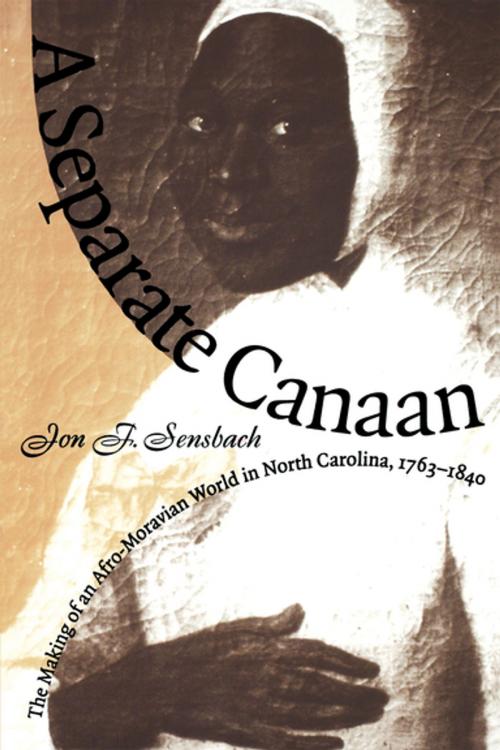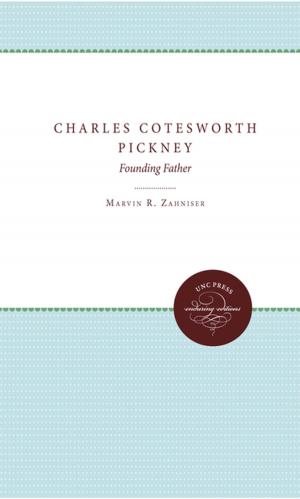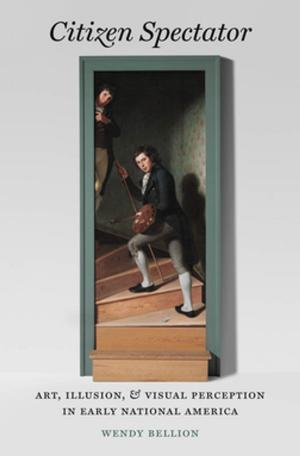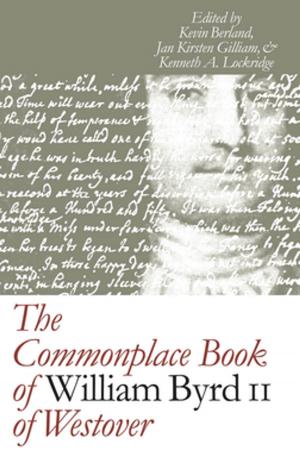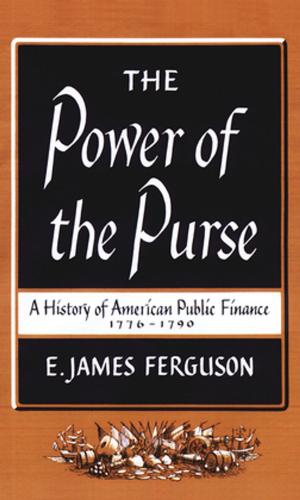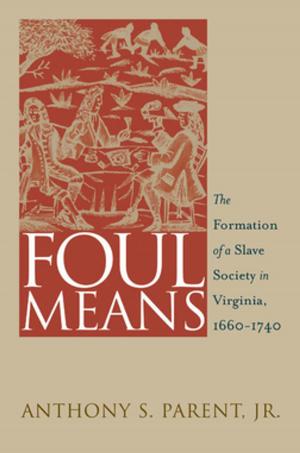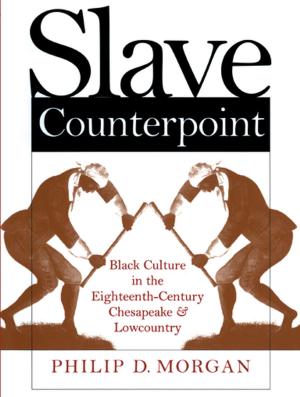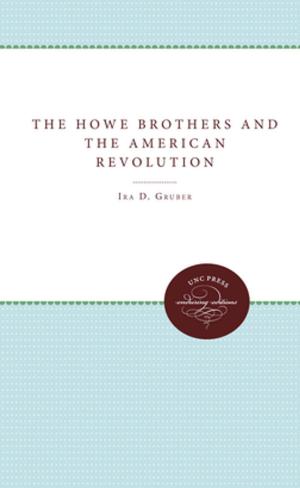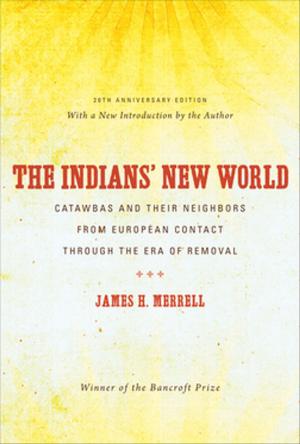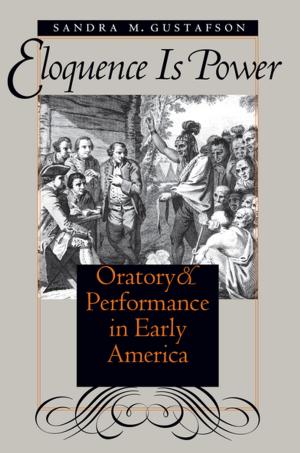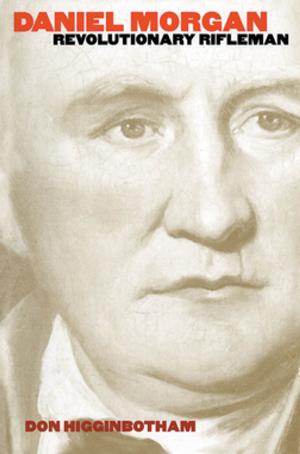A Separate Canaan
The Making of an Afro-Moravian World in North Carolina, 1763-1840
Nonfiction, History, Americas, United States, Colonial Period (1600-1775), Religion & Spirituality, Christianity, Church, Church History, Social & Cultural Studies, Social Science, Cultural Studies, African-American Studies| Author: | Jon F. Sensbach | ISBN: | 9780807838549 |
| Publisher: | Omohundro Institute and University of North Carolina Press | Publication: | December 1, 2012 |
| Imprint: | Omohundro Institute and University of North Carolina Press | Language: | English |
| Author: | Jon F. Sensbach |
| ISBN: | 9780807838549 |
| Publisher: | Omohundro Institute and University of North Carolina Press |
| Publication: | December 1, 2012 |
| Imprint: | Omohundro Institute and University of North Carolina Press |
| Language: | English |
In colonial North Carolina, German-speaking settlers from the Moravian Church founded a religious refuge--an ideal society, they hoped, whose blueprint for daily life was the Bible and whose Chief Elder was Christ himself. As the community's demand for labor grew, the Moravian Brethren bought slaves to help operate their farms, shops, and industries. Moravians believed in the universalism of the gospel and baptized dozens of African Americans, who became full members of tightly knit Moravian congregations. For decades, white and black Brethren worked and worshiped together--though white Moravians never abandoned their belief that black slavery was ordained by God.
Based on German church documents, including dozens of rare biographies of black Moravians, A Separate Canaan is the first full-length study of contact between people of German and African descent in early America. Exploring the fluidity of race in Revolutionary era America, it highlights the struggle of African Americans to secure their fragile place in a culture unwilling to give them full human rights. In the early nineteenth century, white Moravians forsook their spiritual inclusiveness, installing blacks in a separate church. Just as white Americans throughout the new republic rejected African American equality, the Moravian story illustrates the power of slavery and race to overwhelm other ideals.
In colonial North Carolina, German-speaking settlers from the Moravian Church founded a religious refuge--an ideal society, they hoped, whose blueprint for daily life was the Bible and whose Chief Elder was Christ himself. As the community's demand for labor grew, the Moravian Brethren bought slaves to help operate their farms, shops, and industries. Moravians believed in the universalism of the gospel and baptized dozens of African Americans, who became full members of tightly knit Moravian congregations. For decades, white and black Brethren worked and worshiped together--though white Moravians never abandoned their belief that black slavery was ordained by God.
Based on German church documents, including dozens of rare biographies of black Moravians, A Separate Canaan is the first full-length study of contact between people of German and African descent in early America. Exploring the fluidity of race in Revolutionary era America, it highlights the struggle of African Americans to secure their fragile place in a culture unwilling to give them full human rights. In the early nineteenth century, white Moravians forsook their spiritual inclusiveness, installing blacks in a separate church. Just as white Americans throughout the new republic rejected African American equality, the Moravian story illustrates the power of slavery and race to overwhelm other ideals.
